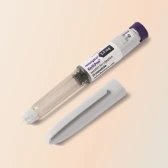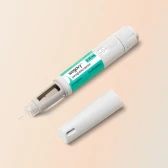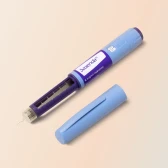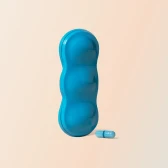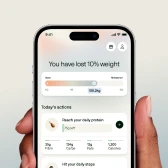Testosterone helps keep you strong, energetic and motivated. It supports your sex drive, muscle mass, bone strength and even your sense of wellbeing.
If your testosterone levels drop too far, you might notice changes that can impact your day-to-day life, from workouts that feel harder to a lower libido or a dip in motivation.
Here’s what to know about testosterone levels in men.
What happens if testosterone is low?
Low T can bring on a range of symptoms in men, including:
- Low libido
- Erectile dysfunction
- Fatigue and low energy
- Mood changes
- Reduced strength and muscle mass
- Increased body fat, particularly around the stomach
- Less hair growth on the face and body
- Bone density loss
- Hot flushes
- “Brain fog”—problems with memory and concentration
- General decrease in motivation
If several of these sound familiar, it’s worth checking your T levels.
Testosterone levels: What’s normal?
There’s no one-size-fits-all “ideal” number - what matters most is how you feel. But generally, if you aren’t experiencing any low T symptoms, your testosterone levels are considered healthy.
If you are experiencing symptoms of possible low T, doctors usually look at two types of testosterone in your blood: your total testosterone (TT) and your free testosterone (FT). To be diagnosed with testosterone deficiency, you need to have symptoms of low T plus either low TT or FT.
Total testosterone is all the T in your blood. However, most of it is attached (bound) to proteins, so it can’t be put to use in your body. It’s the free testosterone—which isn’t bound to anything—that’s active.
In the UK, optimal total testosterone (TT) levels in men under 50 are 15-30 nanomoles per liter (nmol/L). Optimal free testosterone (FT) levels are > 0.225 nmol/L.
FYI: It’s possible to have normal TT but low FT—which is why checking both matters.
How testosterone changes as you age
Your TT levels peak when you’re 19 and steadily start to decline after you turn 30, by around 1% per year. Often, this doesn’t cause any problems. But if you’re getting low T symptoms, it’s time to check in with your provider.
Here’s a chart showing average levels of testosterone by age.
Heads up: lifestyle can also affect testosterone. For example, not eating a nutritionally balanced diet, being overweight, drinking too much alcohol, smoking, and not sleeping well can all contribute to lower T levels.
For a deeper look at how nutrition can influence your baseline T levels, check out our guide on foods that increase testosterone.
How to test your testosterone levels
Testing your testosterone levels is a quick and simple blood test. It’s done in the morning before you have breakfast, because that’s when your T levels are naturally highest. Try to minimise stress and avoid heavy exercise for 24 hours before your test, as these factors can both influence your results.
And if you’ve made some lifestyle changes to up your testosterone, it’s worth getting re-tested around 3-6 months later to see the impact.
At Voy, you can get an at-home blood test that measures both your total and free testosterone in one. It’s a quick, finger-prick blood test that will determine whether you’re eligible for testosterone replacement therapy (TRT).
The British Society of Sexual Medicine recommends TRT for men with total testosterone below 12 nmol/L or free testosterone below 0.225 nmol/L. The NHS typically only offers treatment below 8 nmol/L, but private options are available. The cost of private testosterone replacement therapy per month depends on your treatment provider. TRT with Voy starts from £99/month.
What affects testosterone levels?
Common causes of low T are aging, being overweight or an event that affects the testes such as testicular surgery or an infection. Certain medical and genetic conditions, like Klinefelter syndrome, can also bring on testosterone deficiency.
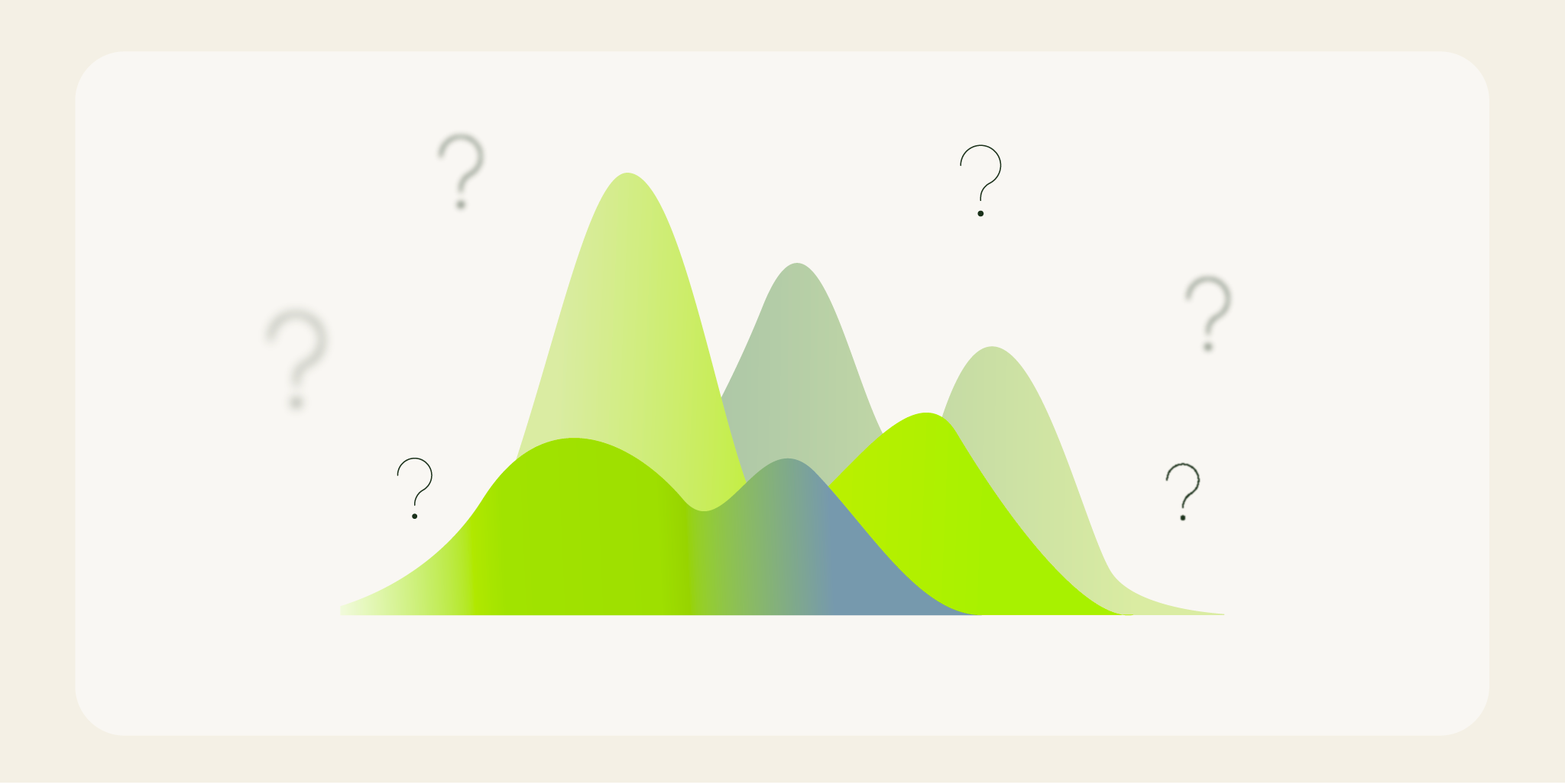
By the way: there’s significant overlap between symptoms of low T and the general effects of aging and stress. To be sure it’s testosterone deficiency and not something else, it’s best to get checked.
How to increase your testosterone levels
Eating well, exercising regularly, maintaining a healthy weight, getting good sleep and keeping stress at bay have all been shown to increase T.
But if lifestyle change isn’t working as well as you’d like, TRT could be an option. You could see benefits like improved mood and sexual function in a matter of weeks.
And you can get started right now. Take our short quiz and order an at-home blood test to see if TRT is a fit.


